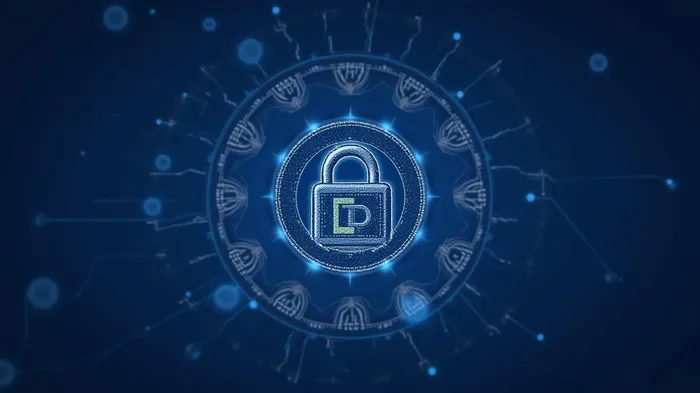EDPB Issues Guidelines Requiring Blockchain Compliance With GDPR
The European Data Protection Board (EDPB) has released new guidelines on the application of the General Data Protection Regulation (GDPR) to personal data processed through blockchain technology. The guidelines emphasize that blockchain networks must comply with GDPR, which includes the right to be forgotten, allowing individuals to request the deletion of their personal data. This poses a significant challenge for blockchain technology, which is inherently designed to be immutable and decentralized.
The EDPB's guidelines outline several key considerations for blockchain operators. These include evaluating whether the data on the blockchain contains personal information, determining the necessity of using a blockchain for data processing, and choosing the appropriate type of blockchain (e.g., private, permissioned, or zero-knowledge). Additionally, the guidelines stress the importance of implementing technical and organizational measures to ensure that personal data is not stored indefinitely and can be deleted when requested.
One of the most controversial aspects of the guidelines is the suggestion that entire blockchain histories could be erased to comply with GDPR. This drastic measure is proposed because the immutable nature of blockchain makes it difficult to delete individual data points. The EDPB states that if data deletion was not considered during the network's original creation, the entire blockchain may need to be deleted to comply with GDPR's storage limitation principle.
James Smith, special projects lead at the Ethereum Foundation, expressed concern about the potential impact of these guidelines on public blockchains. He noted that the EU's new guidelines could threaten the existence of public blockchains by fundamentally misunderstanding decentralized technology. Smith warned that without significant pushback, the regulatory framework could make it legally challenging for public blockchains to operate in Europe.
The EDPB's guidelines are part of a broader effort to balance innovation with stringent data protection standards. The draft guidelines are open for public consultation, and stakeholders are encouraged to provide feedback on the proposed measures. The guidelines are expected to have a significant impact on the development and deployment of blockchain technology in the EU, as companies will need to ensure that their blockchain applications comply with GDPR requirements.
The tension between the immutable nature of blockchain and the stringent data protection requirements of GDPR highlights the complex interplay between technological innovation and regulatory compliance. The EDPB's approach reflects a broader trend in EU regulation, which seeks to protect personal data while fostering innovation. The guidelines underscore the need for blockchain operators to implement technical measures that ensure personal data can be deleted when requested, even if it means erasing entire blockchain histories.

Quickly understand the history and background of various well-known coins
Latest Articles
Stay ahead of the market.
Get curated U.S. market news, insights and key dates delivered to your inbox.



Comments
No comments yet